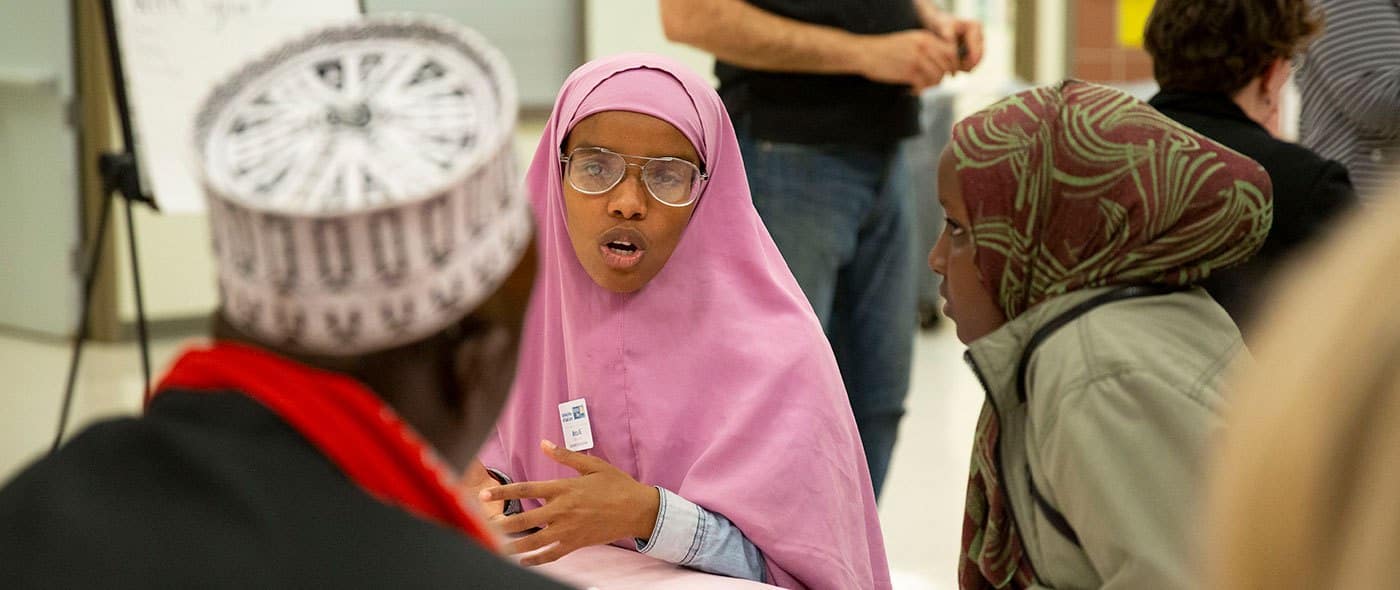
Grassroots Leadership
Building Up Communities Through the Individuals In Them
As the Grassroots Leadership team, we work to build community leadership by meeting community members where they live, work, and go to school. Our mission is to create long-lasting impact by shifting power to the community to change systems for equitable results. We do this by conducting conversations and community-based research. The team works to break down barriers between institutions and community members so that they feel confident exercising power in the decisions that impact them.
Shifting Power to Community Members
We believe in identifying those that are already working towards equity and justice and bringing them on our team as Grassroots Leadership Organizers. We strive to provide a space that supports their growth and amplifies their voice to reach more community members, partners, policy makers, etc. Their real-life experience and expertise are crucial to advancing the work of our organization.
Shifting Power to Community Members
We believe in identifying those that are already working towards equity and justice and bringing them on our team as Grassroots Leadership Organizers. We strive to provide a space that supports their growth and amplifies their voice to reach more community members, partners, policy makers, etc. Their real-life experience and expertise are crucial to advancing the work of our organization.
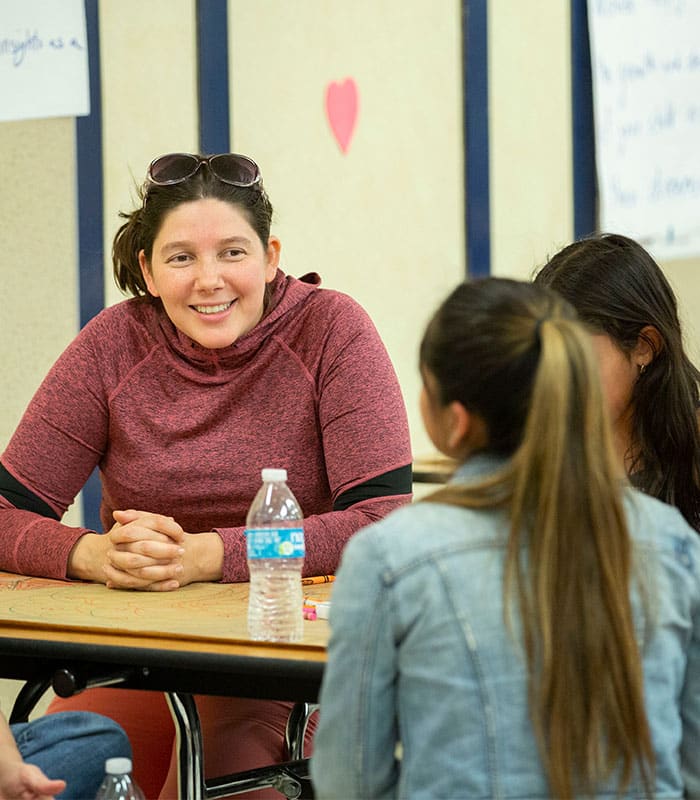
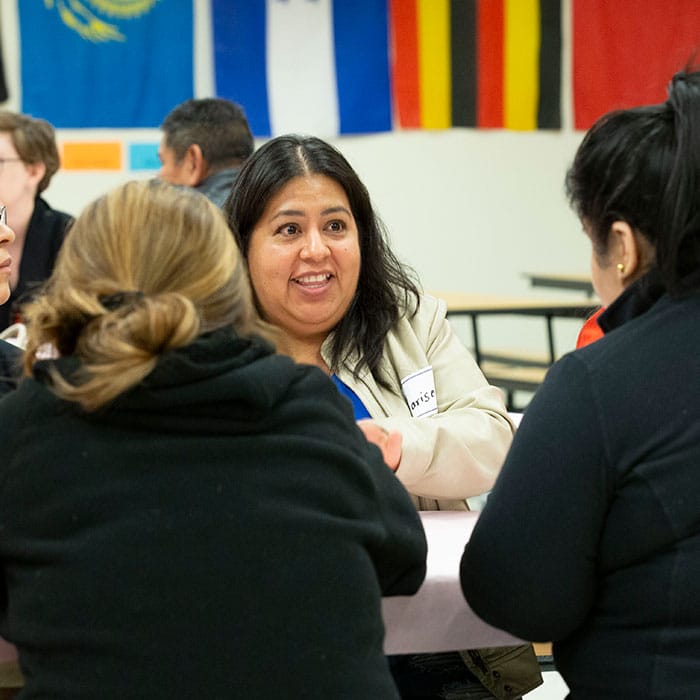
Community-Based Research
Our Grassroots Leadership Organizers conduct community-based research to better understand their communities’ greatest concerns and aspirations, and to spark action which leads to transformation.
We're always looking for community members who are interested in joining the conversation. Take part in one of our paid studies!
Grassroots Leadership Projects
Learn more about the results of past projects from our team.
Biblioteca Comunitaria de West Kearns
Project Lead: Flor Cuevas
We wanted to better understand what at-home reading practice looked like for Spanish-speaking parents/caregivers with students at West Kearns Elementary. Through the conversations we learned there was a need for bilingual and Spanish language books which led to the creation of a Little Library at the school that houses these materials for families to borrow.
UndocuScholars: Path to Higher Education
Project Leads: Mayra Cardozo & Salvador Oregon-Torres
We conducted a community-based research project focused on learning about the best practices and barriers that exist for undocumented students and the educators supporting them in navigating higher education. We were able to create a report about our findings that included best practices for advisors and resources for undocumented students and advisors.
Family-School Partnerships During COVID-19
Project Leads: Flor Cuevas and Anahy Salcedo
We wanted to learn how the relationships between families and schools were impacted by COVID-19 and what supports families used to overcome challenges. We conducted a Spanish-speaking focus group and workshop to learn and ensure the findings were an accurate representation of their experiences. This project reaffirmed the importance of strengthening Family-School relationships and adapting projects focus on the needs of the community.
Kearns Through My Eyes
Project Lead: Bianca Paulino
We wanted to learn what made middle school and high school students in Kearns feel safe and supported in their community. The students were able to share their experiences through their own eyes and voice by taking photos and captioning them.
Multi-Cultural Small Businesses During COVID-19
Project Lead: Anahy Salcedo
We interviewed multi-cultural small businesses Salt Lake County to learn about how the COVID-19 pandemic impacted their business, family and employees. We learned that many small businesses experienced challenges in access COVID relief and other support. We also saw how these small businesses and their staff showed tremendous resilience through a pandemic.
Grassroots Blogs
-
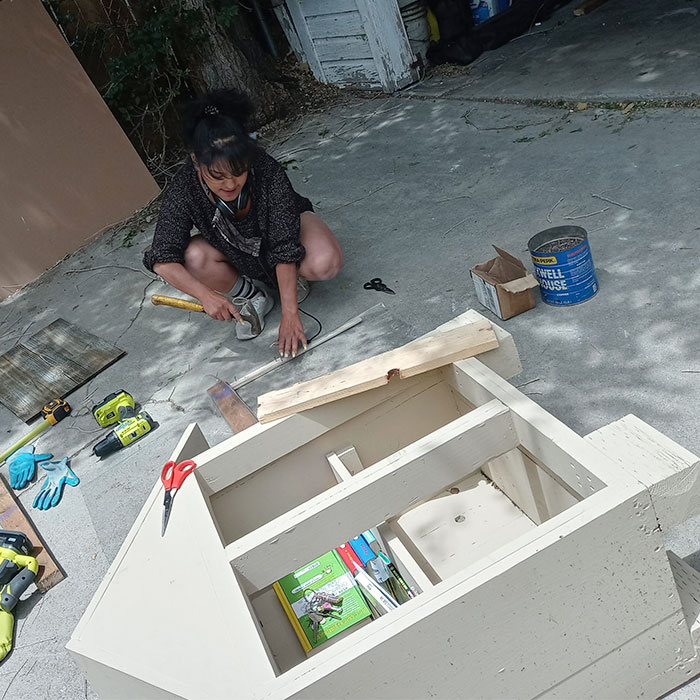
Building a West Kearns Little Library / Biblioteca Comunitaria De West Kearns
I, Flor Isabel, am a Spanish Speaking parent of four and have been a Kearns resident since 2011. As a parent, I know how hard it can be to find time to run to the library and to know what books I should be reading with my children. As part of my fellowship […]
-
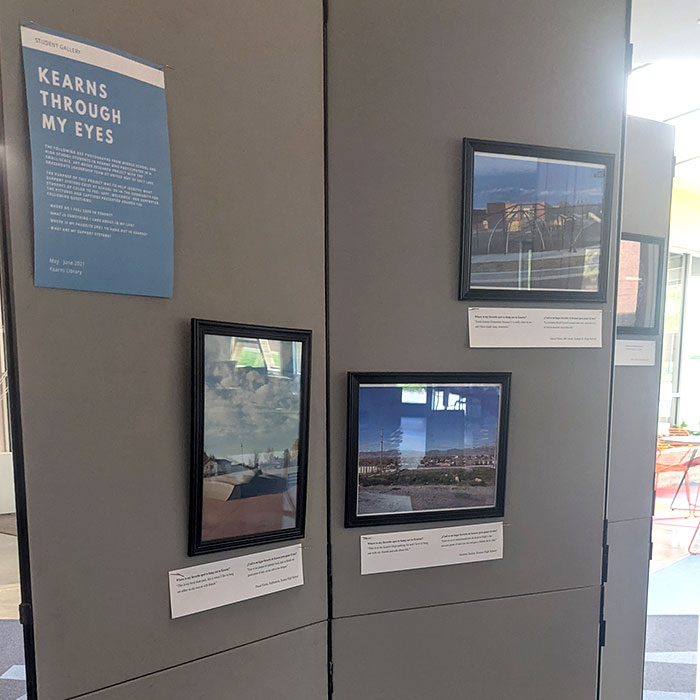
Student Safety in Kearns
The concept of student safety encompasses a range of home, school, and community factors that impact student performance and behavior. It’s important to identify these factors and protect students as they gain new autonomy and explore new freedoms […]
-
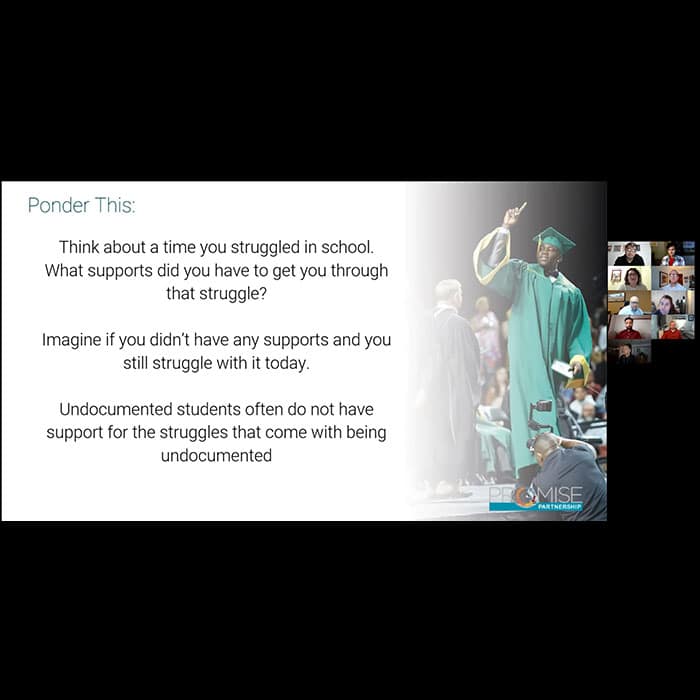
Supporting Undocumented Scholars
During the Fall 2020 Grassroots Organizer Fellowship, Fellows Salvador and Rosie conducted a study to understand the experiences of undocumented students. Salvador is a student at Utah Valley University, studying Political Science with a minor in American Sign Language. He was born in Mexico and moved to the U.S when he was one year old […]
-
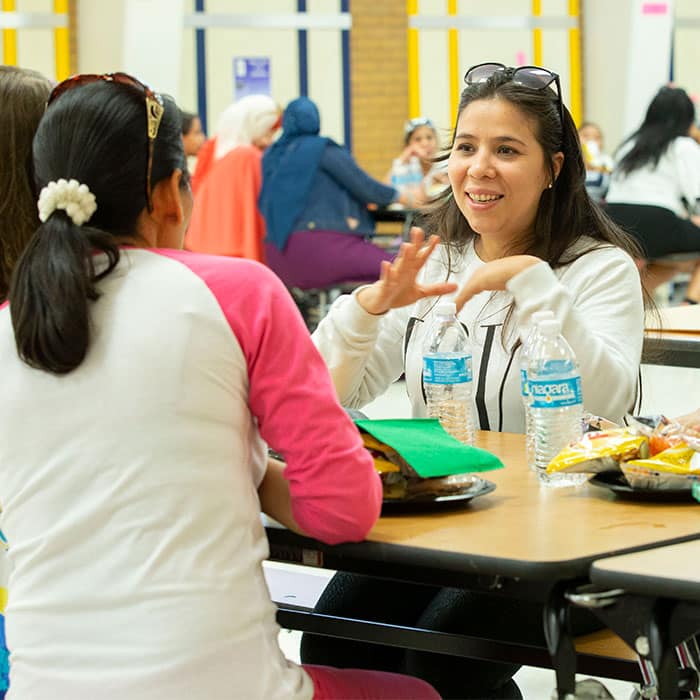
The Family/School Partnership Project
The idea for this project was sparked by the lived experience of one of our team members, Flor Isabel (they, them), a Spanish-speaking caregiver in Kearns. It was born out of the challenges they experienced with one of their children falling behind in class. Flor, the caregiver, was not informed […]
-
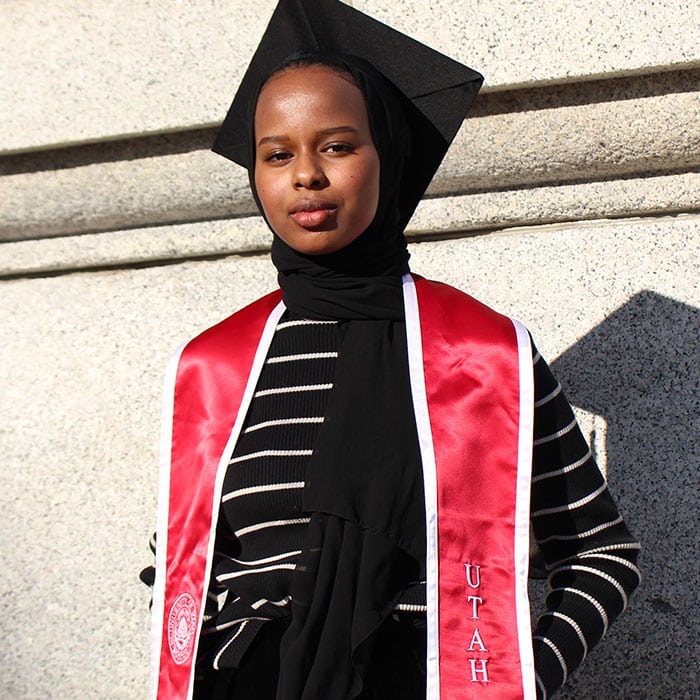
My Time as a Grassroots Leadership Fellow
After graduating from the University of Utah this past May, I began searching for a position that related to my major and would allow me to get exposure working in the non-profit sector. When I came across an opening at United Way of Salt Lake as a Grassroots Leadership Fellow, […]
Read More
-
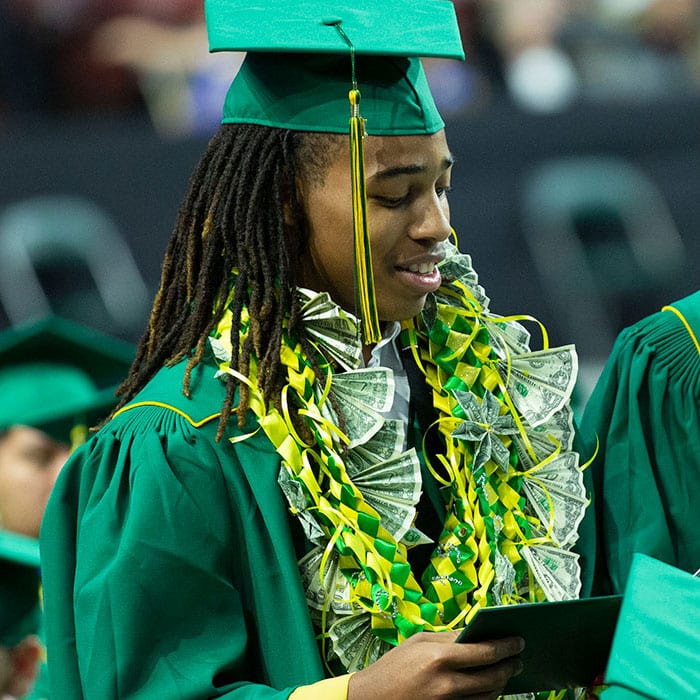
Experiences of Students of Color in Higher Education
The transition from college student to professional is a new and challenging experience for many people. We began this project with the intention of documenting the experience so we could make recommendations on how to support Black, Indigenous, and people of color (BIPOC) students […]
Read More
-
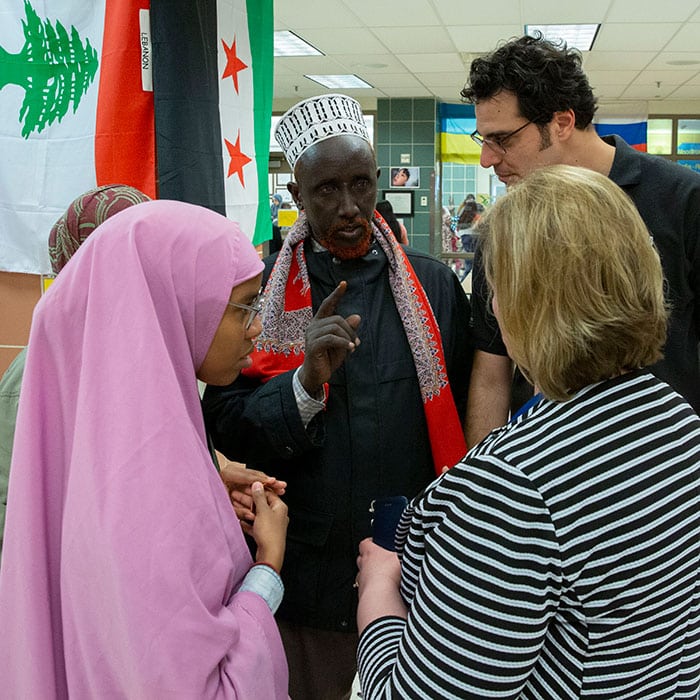
How Grassroots Leadership Organizers Are Making an Impact
It was a packed classroom on a hot summer day at Kearns High School. Parents streamed in for a workshop on helping their children apply for college and student aid. I scrambled around the school trying to find more chairs […]
Read More
-
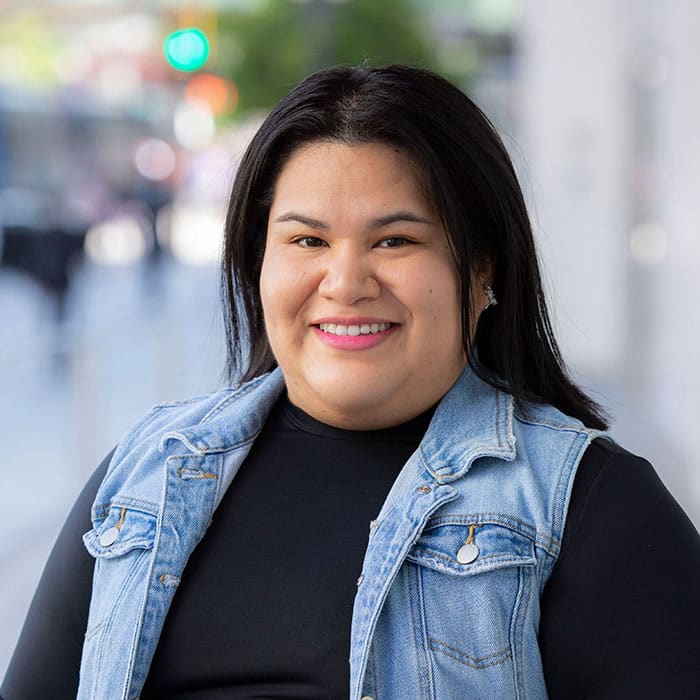
Takeaways from my Time as a Grassroots Leadership Fellow
The Grassroots Fellowship is a part-time program that inspires and trains young adults from the communities of Kearns and South Salt Lake to take a leadership role in building up […]
Read More
-
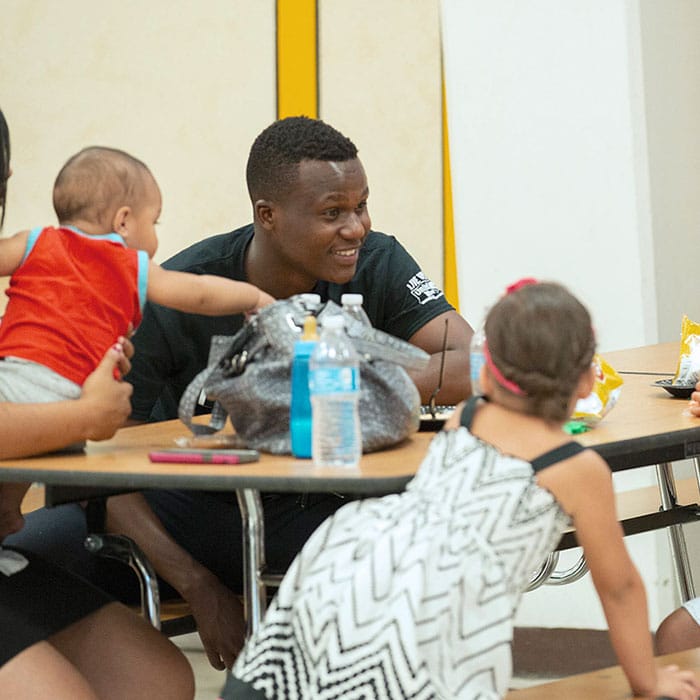
How United Way of Salt Lake’s Grassroots Work Helped Me Build Up My Community
Since I was a child, I knew that someday I would leave my country. I was born in Somalia and due to the war, my family had to migrate to Kenya for safety. We escaped and found ourselves at the Kenya border to be part of the Kakuma Refugee Camp. […]
-
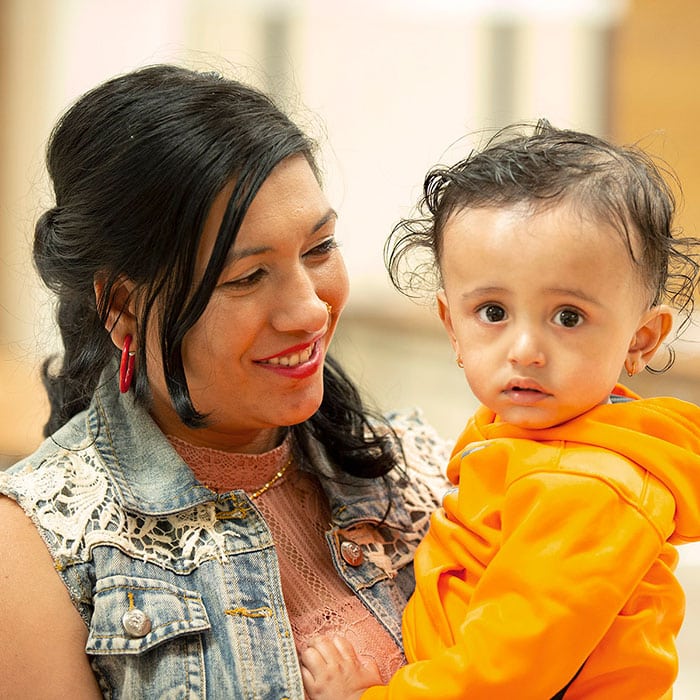
How parents can gauge their child’s development
Children start learning long before their first day of kindergarten. From the time they are born, children are learning from their parents, family members, and other loved ones. “Parents are every student’s first teachers,” said Igor Limansky […]
Read More


 1. Engage families to partner in school decisions, policies, and student learning
1. Engage families to partner in school decisions, policies, and student learning  1. Strengthen relationships between school day staff and out-of-school providers
1. Strengthen relationships between school day staff and out-of-school providers 1. Align, coordinate, and hold external partners accountable for responding to the needs identified by schools, students, and the community
1. Align, coordinate, and hold external partners accountable for responding to the needs identified by schools, students, and the community
 The staff at United Way of Salt Lake, the umbrella organization for the Promise Partnership, puts their expertise to work supporting schools. Our cumulative knowledge means we bring experience to the table and can offer assistance in:
The staff at United Way of Salt Lake, the umbrella organization for the Promise Partnership, puts their expertise to work supporting schools. Our cumulative knowledge means we bring experience to the table and can offer assistance in: